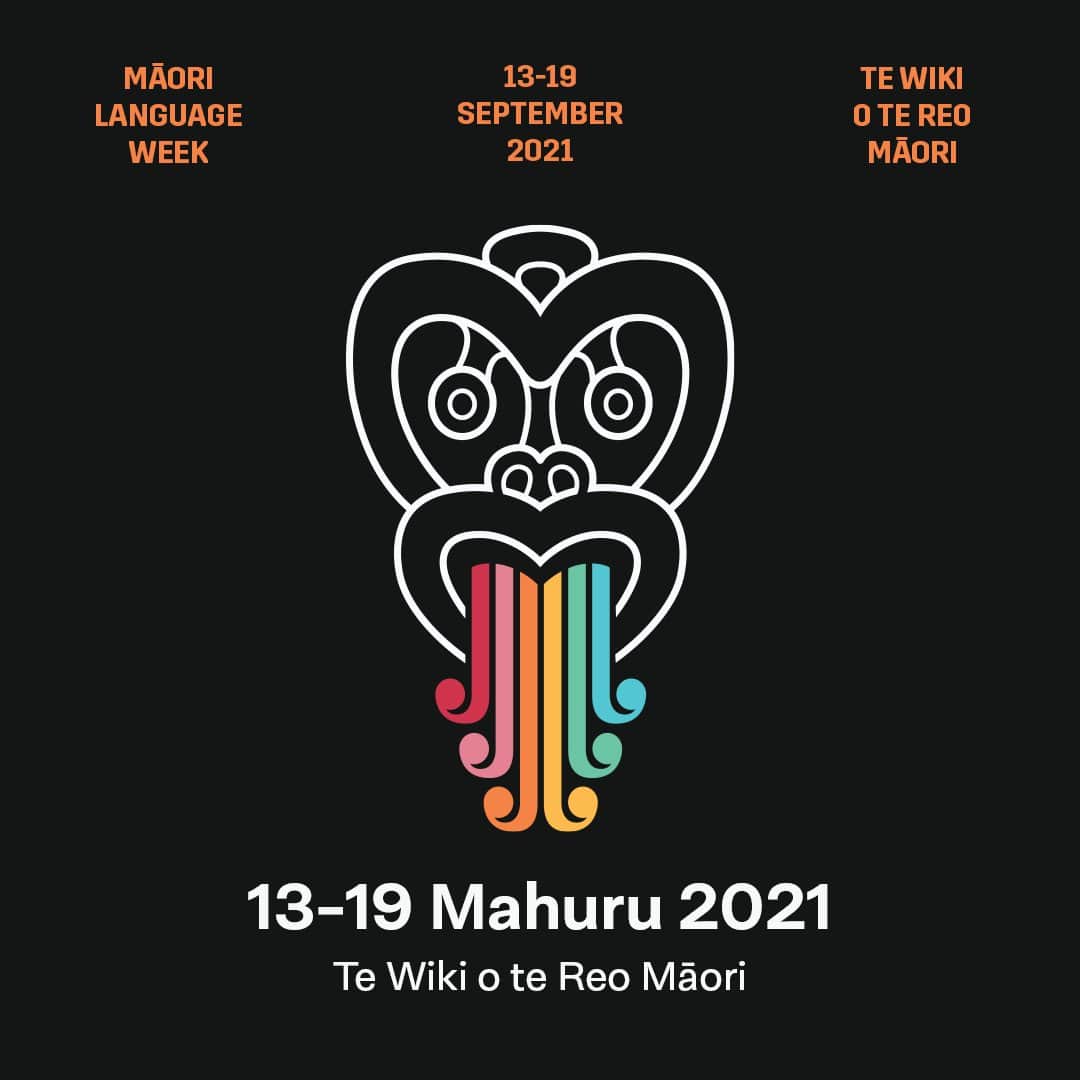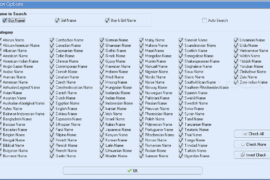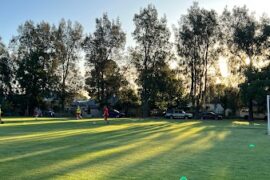? Celebrating Te Wiki o te Reo M?ori: A Joyful Journey for Parents and Kids ?
Hello Wh?nau! Can you feel the excitement in the air? It’s that time of the year again where Aotearoa (New Zealand) radiates with pride and joy of its unique cultural heritage – yes, it’s Te Wiki o te Reo M?ori (M?ori Language Week)! And the best part? You and your tamariki (children) can be a part of this vibrant celebration, and it’s simpler than you think!
Starting a journey with the M?ori language doesn’t require you to be an expert from the get-go. Like the M?ori proverb says, “He waka eke noa – we’re all in this together”. This guide promises to arm you with fun-filled activities, simple strategies, and plenty of aroha (love) to help your family embark on this beautiful cultural voyage.
? Why Embrace Te Wiki o te Reo M?ori as a Family?
The M?ori language is not just a cornerstone of M?ori culture; it’s a living and breathing aspect of New Zealand’s identity. While Te Wiki o te Reo M?ori serves to highlight and promote the language, integrating it into your family life can enrich your bonds and broaden your cultural horizons. Plus, studies show that learning a second language has cognitive benefits for children – so why not seize this opportunity?
As you read on, you’ll discover:
- Fun M?ori language games and activities designed for kids
- Ways to incorporate Te Reo M?ori into your daily life
- The importance of Te Wiki o te Reo M?ori and its history
- Resources to support your family’s journey in M?ori language learning
? Let’s Dive Into Fun with Te Reo M?ori: Activities for Kids of All Ages
1. Te Reo M?ori Storytime – Start with something as simple as reading a bedtime story in Te Reo M?ori. There are a plethora of children’s books available that come with translations and vivid illustrations that keep the experience both educational and entertaining.
2. Learn Through Music – Introduce catchy M?ori songs or nursery rhymes. Music makes learning a new language engaging and helps with pronunciation and vocabulary without feeling like a classroom lesson.
3. Crafting with Culture – Encourage your kids to create artwork inspired by M?ori designs. This can be an excellent opportunity to talk about the symbolism and stories behind traditional M?ori patterns and colours.
? Incorporating Te Reo M?ori into Your Everyday Life
Family life is bustling with action, making it the perfect environment to sprinkle in some Te Reo M?ori. Here are some seamless ways to get started:
1. Greetings and Farewells – Swap out your usual “hello” and “goodbye” for “Kia ora” and “Haere r?”. These small changes are simple to implement and can go a long way in normalizing the use of Te Reo in your home.
2. Naming Objects – Label household items with their M?ori names. This visual aid serves as a constant learning prompt for both you and your children.
3. Mealtime M?ori – Use meal times as an opportunity for learning new words. Talk about what you’re eating (kai) and where it comes from, perhaps also discussing how it might be gathered or grown traditionally by M?ori.
? The Significance of Te Wiki o te Reo M?ori: A Historical Glance
Before we jump into more activities and strategies, let’s take a brief look at the importance of Te Wiki o te Reo M?ori. Significantly marked since 1975, this week not only commemorates the presentation of the 1972 M?ori language petition to parliament but also celebrates the M?ori language as a taonga (treasure) of the country. By participating in Te Wiki o te Reo M?ori, you’re contributing to the revitalization of the language and showing reverence for the cultural legacy of New Zealand’s indigenous people.
Stay tuned as we delve deeper into each aspect of celebrating Te Wiki o te Reo M?ori with your kids, ensuring that the learning is continual, joyful, and deeply enriching for your family. It is a journey well worth embarking on, and we’re here to guide you every step of the way! So, polish those p?kana (big expressive eyes) and get ready for a week of fun, laughter, and meaningful learning with your little ones! ?

? Five Things Parents Should Know in Preparing for Te Wiki o te Reo M?ori
As we count down to Te Wiki o te Reo M?ori, there are some key things to keep in mind to make this experience as enriching as possible for you and your little ones. Let’s explore five essentials that will help you prepare for a memorable celebration.
-
Understand the Theme
Each year, Te Wiki o te Reo M?ori has a unique theme that reflects its goals and aspirations. Understanding the theme can help you align your activities and discussions at home to the larger nationwide celebration. It makes the week more meaningful and connects you to the broader community celebrating the language.
-
Brush Up on Basic Phrases
Before the week starts, it’s helpful to familiarize yourself with some basic Te Reo phrases and words. Don’t worry about getting it perfect; it’s the effort and intention that count! Practice common phrases like ‘Kia ora’ (hello), ‘Mauri ora’ (cheers to life), and ‘Ka kite an?’ (see you again).
-
Plan Activities in Advance
Have a look at community events or resources that are available during this week. Many libraries, community centers, and schools host events that can be both fun and educational. Planning activities such as attending a h?koi (walk) or a community hangi (M?ori feast) can be exciting for kids and adults alike.
-
Involve the Kids in the Planning
Getting your children involved in the planning process not only builds anticipation but also gives them a sense of ownership over their learning. Let them pick some activities, or help with shopping for ingredients for a traditional M?ori recipe you might want to try cooking together.
-
Create a Supportive Learning Environment
Consider creating a designated ‘learning nook’ with Te Reo M?ori resources such as books, flashcards, and traditional games. It’s also beneficial to connect with other families who are participating in Te Wiki o te Reo M?ori. Sharing experiences and encouraging one another can be incredibly motivating.
By keeping these pointers in mind, you’re all set to make Te Wiki o te Reo M?ori a time of learning, celebration, and, most importantly, fun for your entire family! And remember, learning Te Reo M?ori doesn’t have to end when the week does; let the language and the culture it represents grow with your family year-round. Happy learning, everyone!
? Embracing the Beauty of Te Reo M?ori Beyond The Week
Te Wiki o te Reo M?ori is a wonderful launchpad, but the journey of learning and embracing Te Reo, along with its rich cultural tapestry, is ongoing. The true beauty and depth of any language are found through consistent practice and heartfelt engagement.
Seek out local cultural experiences, engage with M?ori communities, and involve yourself and your family in language initiatives throughout the year. Apps, online courses, and local Te Reo classes can build on what you’ve introduced during Te Wiki o te Reo M?ori, turning it into a lifetime of discovery and connection.
Your efforts to integrate Te Reo M?ori into your everyday life are not only a gift to your children but also an invaluable contribution to the language’s revitalization. So cheers to all the amazing parents out there! Your commitment to this learning adventure is truly inspiring. Let the joyous rhythm of Te Reo fill your homes, now and always! ?
See more great Things to Do with Kids in New Zealand here. For more information see here
Disclaimer
The articles available via our website provide general information only and we strongly urge readers to exercise caution and conduct their own thorough research and fact-checking. The information presented should not be taken as absolute truth, and, to the maximum extent permitted by law, we will not be held liable for any inaccuracies or errors in the content. It is essential for individuals to independently verify and validate the information before making any decisions or taking any actions based on the articles.




